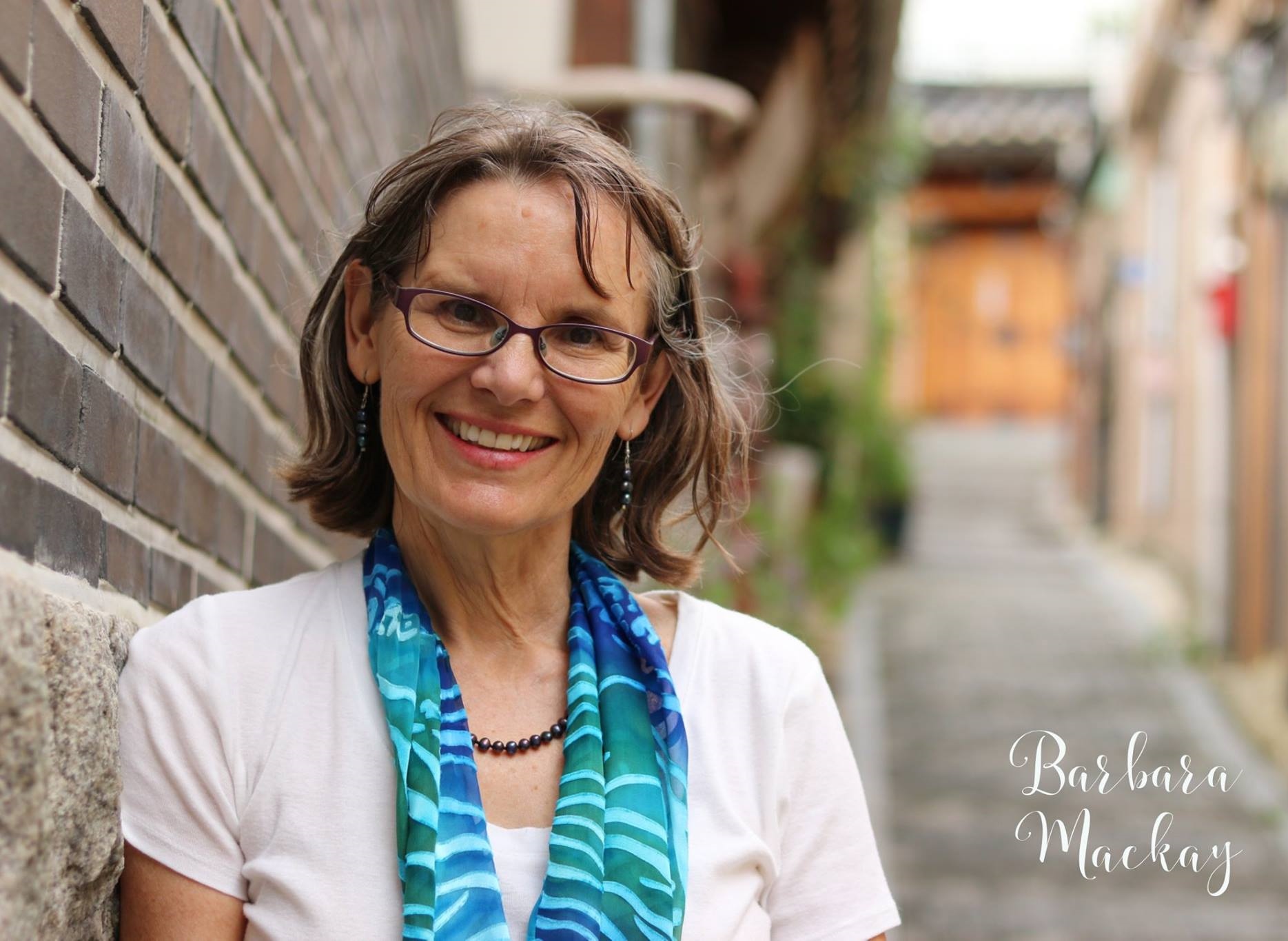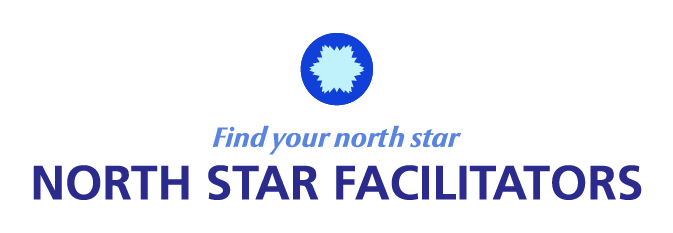So you’ve been feeling consciously incompetent lately?

I don’t know if you’re aware of the term “conscious incompetence”. It actually comes with a suite of phrases that begin with 1. unconscious incompetence; then 2. conscious incompetence; 3. unconscious competence; and lastly 4. conscious competence.
Noel Burch, an employee with Gordon Training International, developed the Conscious Competence Ladder in the 1970s.
I want to write about the second one. The reason I’m writing about it is I’ve been facing a lot of that feeling over the last year or two. And I know many of you are likely sensing it when you facilitate something difficult that you’ve never done before. Or, you’ve been asked to design a facilitated event that you have no idea how to create.
This is a really difficult phase of our careers and arises many times in our daily lives as well. So, let’s unpack it.
I will share some personal stories and encourage you to not give up. Conscious competence will only arise after many, MANY practices. And, we will always be on somewhere on the spectrum at any given moment in time, depending on what we have taken on as new challenges.
Personal stories:
Why am I feeling conscious incompetence after so many years of facilitating? Actually, most of my incompetence right now is arising from taking on a new phase of my career, and also trying a lot of new life activities.
I am conscious of being incredibly incompetent at figuring out how to amplify indigenous leadership in climate recovery work. I am new to this part of my country (Canada) and I have been away in the United States for 20 years. I don’t have any relationships yet with some of the First Nations here. I know that’s a poor excuse but it does make me realize it takes years and years to build the relationships that I really need to make a difference in this field. I’ve also been out of climate recovery work for 25 or 30 years. I spent the last year doing a lot of research and talking to a lot of people. But, I have barely “scratched the surface”.
I feel incredibly inadequate at sea kayaking. The people I kayak with have been kayaking for decades. Or they’re just simply stronger than me. Or they have a better sense of space and time and direction than I do. I am dyslexic. So I often go the opposite way of what I really want to go in. It’s like watching someone try to get to the other side of the channel and they zigzag instead of going straight across. I watch new facilitators do that sometimes too. They take a very circuitous route to get the group to where they really need to go. But they eventually get there. The group doesn’t need to know that the journey took longer than was needed. But as you become more consciously confident, you notice that things get more streamlined, more focused, more effective, and are less tiring for everyone involved.

Also, I am taking vocal lessons with a global group online. Oh boy, that is really a beautiful experience of feeling consciously incompetent.
One last example of conscious incompetence is facilitating these days. With Covid, I didn’t facilitate for years in-person. And then, I moved. And then I started phasing out and passing on 80% of my work to other colleagues. I have not actually facilitated something in person for almost a year now. I suspect it would likely be easy for me to do it again. But I’ve lost my confidence. I am nervous about what I might encounter, especially if I am working across cultures on a topic as emotionally charged and as difficult as climate crisis/recovery.

What does conscious incompetence look feel and sound like?
I only have to think about my sea kayaking adventures of the last few months, and the feeling comes back in great waves of shame and inadequacy. There’s a lot of nervousness before I go out on several day long trips or even a short trip. I worry about holding everyone back. I go over and over in my head all the things I could do to get better. I make my body practice strokes in the air and pretend that I am kayaking even if I’m sitting on the living room floor. I watch videos if I have the courage to do so. I tell myself that no matter what, I will just try to enjoy it. I’ll just try to focus on the fact that this is a rare opportunity to be out on the sea. And that I will be immersed in this incredible environment and get a perspective that I would never have had before. All in vain. I still arrive nervous. I still make mistakes. But I do survive it. And I come away feeling proud of myself. And I feel like applauding. As I said to our instructor on the last trip, “I know I made progress. I didn’t fall into the sea involuntarily this time”. On all the other trips, I was the first one to fall in and have to be rescued, or rescue myself if I was practicing that technique.

It really is the same when you facilitate.
Does any of the above sound familiar? There’s no way of getting around it. You will feel like that you are a fraud. You will feel like you’re not doing a good enough job. You will feel that you shouldn’t be paid.
So, what can you do about it?
As someone once said to me (and and this person has died of early cancer so I am SO grateful that she shared this gift with me once), “Barb, they’re better off with you then without you.”
Even if you are consciously incompetent, they are far more incompetent than you in terms of getting process figured out. You still have the gift of your authenticity, your care, your respect. You will probably do a dozen small things in a single day of facilitating that will make a really big difference. You will help the group have the impact they want in the future. So congratulate yourself when you do it.
I know that you’ll get better every time you do it. It might take 1000 facilitations before you reach the so-called end of the journey, “conscious competence”.
 It might feel like this photo: bursting with colour and abundance, and exquisite in its magic and simplicity.
It might feel like this photo: bursting with colour and abundance, and exquisite in its magic and simplicity.
FYI, I rarely get that feeling even after 30 years of facilitating. I may be at stage 3, unconsciously competent, but most of the time I feel consciously incompetent. I suspect that most facilitators feel that way.
We’re dealing with incredibly difficult, complex issues, intricate relationships, and sometimes decades/centuries of unresolved issues. Often we work in many different languages with many different generations, and cultures. How could we not feel consciously incompetent? It’s OK.
Nonetheless, the last words I will share with you are:
- Take the time to practice anyway you can. Practice with friends, family, your local not-for-profits that you belong to.
- Prepare yourself as well as you can.
- Get expert collegial feedback or coaching when you can. Find a mentor.
- Offer to support other facilitators.
- Watch videos on the techniques you are using.
- Know your tools like the back of your hand.
- Prepare your instructions infinitely well.
- Attend learning events.
- Make sure that you’re not catering to your own biases.
- Take the long view. Try new things in your daily life. Lift yourself up to get a bird’s eye view. Know you are not alone.

There’s a lot of work to do to be competent. I probably will have 1000 hours of kayaking before I will really enjoy and feel safe in the sea. I may never get there, but it doesn’t mean I will give up on myself. I will still keep leaping into the sea with as much grit and joy as I can. May you also do the same in helping this world become more collaborative, unified and hopeful.
How is your journey been in the field of conscious incompetence?
Finally my request: do you know of any organizations that would love me or my colleagues to facilitate them through some complex climate recovery work? Especially if they have indigenous values and leadership behind it? Send them my way. I am almost ready to jump back into complete conscious incompetence!
Be well my friends. Your comments are always deeply appreciated.

